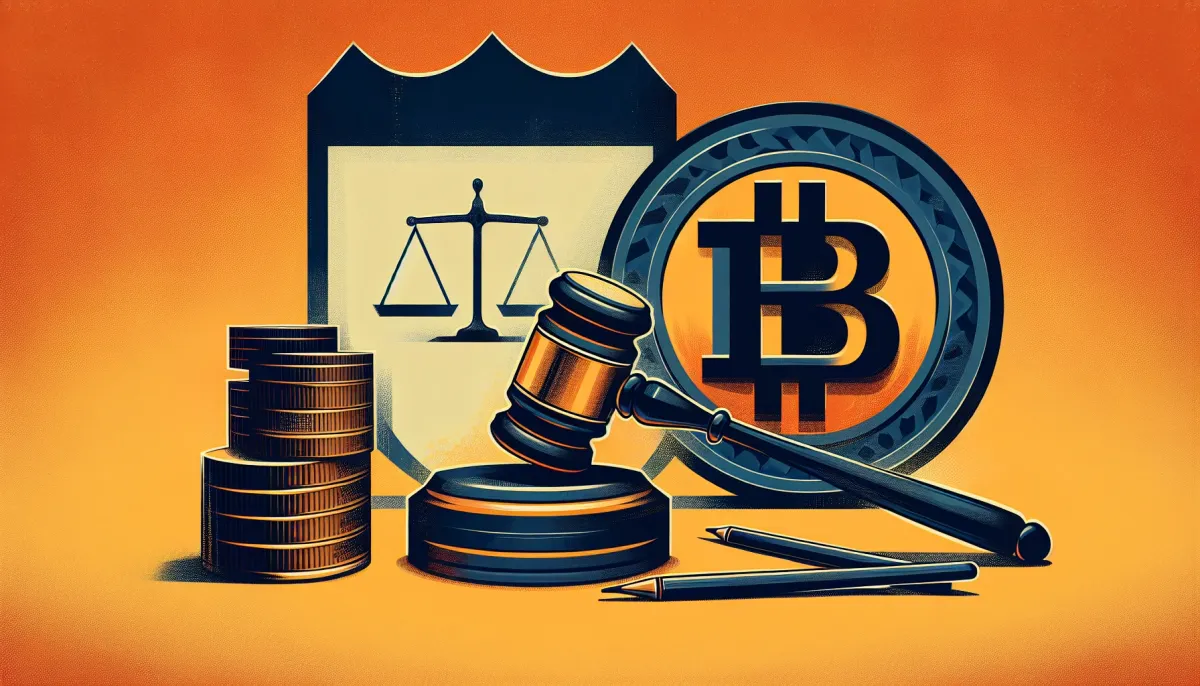Federal Judge Rules Against SEC's Expansion of Securities Law to DeFi, Marking Victory for Blockchain Association

A federal judge in Texas has made a significant ruling that impacts the U.S. Securities and Exchange Commission's (SEC) approach to cryptocurrency regulation. On Thursday, Judge Reed O’Connor decided that the SEC's attempt to expand an existing securities law to include decentralized finance (DeFi) users and projects was unlawful.
Judge O’Connor granted a summary judgment to the Blockchain Association, a group that lobbies for crypto interests. They sued the SEC back in April. Their lawsuit challenged the SEC's new definition of "dealer," which aimed to include DeFi protocols and transactions.
So, what is DeFi? It refers to non-custodial crypto applications on platforms like Ethereum and Solana. These applications let users trade, loan, and borrow crypto assets without relying on banks or other third-party intermediaries. The SEC's interpretation would have forced DeFi projects and users to register as securities exchanges and brokers, similar to the rules for stock exchanges.
In his ruling, Judge O’Connor found that the Blockchain Association's arguments were strong enough to resolve the issue without going to trial. He ruled that the SEC must vacate its recent modifications to the dealer rule related to cryptocurrencies.
Specifically, the judge pointed out that the SEC blurred the lines between everyday DeFi traders and professional financial brokers. He stated, “The Rule as it currently stands de facto removes the distinction between ‘trader’ and ‘dealer’ as they have commonly been defined for nearly 100 years.”
The Blockchain Association celebrated this decision as a major victory against what they see as the SEC's hostile stance toward the crypto industry. CEO Kristin Smith said, “The Dealer Rule was an attempt by the SEC to advance the agency’s anti-crypto crusade. Following today’s ruling, the agency’s overreach is rolled back, and the digital asset industry is protected from this unlawful rule.”
The SEC has not yet responded to requests for comments on this court decision.
In other news, former President Donald Trump has promised to appoint an SEC chair who will support the crypto industry. How that appointee will handle the SEC's ongoing lawsuits against many top crypto firms remains to be seen.
On Thursday, SEC Chair Gary Gensler announced his resignation. This comes after he led the SEC's crackdown on several major players in the crypto space. Gensler stated he would resign on January 20, 2025, as Trump begins his second term. He said, “The Securities and Exchange Commission is a remarkable agency.”
In a different development, Phillip Banks, the creator of the popular "Chill Guy" meme, has threatened legal action against meme coins using his art. The Solana meme coin CHILLGUY had reached a market cap of $500 million. However, after Banks' tweet, the price dropped 54% to $220 million. It has since recovered to $375 million. CHILLGUY surged over 400% on Wednesday, just days after its launch. Banks said, “Chill guy has been copyrighted. Like, legally. I’ll be issuing takedowns on for-profit uses.”
Lastly, Yao Qian, the former head of China’s central bank digital currency (CBDC) research project, has been expelled from the Chinese Communist Party and removed from his government position due to corruption allegations. Reports indicate that Qian is accused of misusing his authority in policy-making and neglecting his responsibilities in science and technology oversight.
